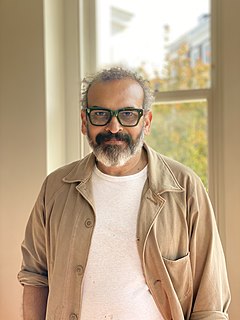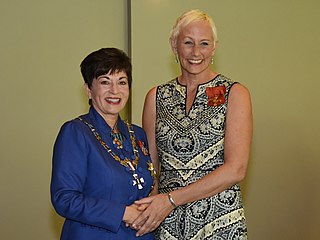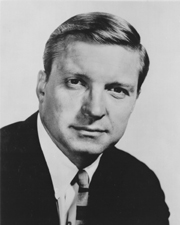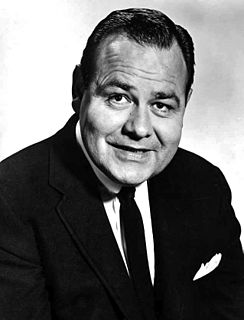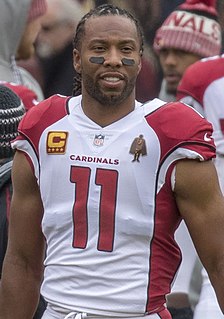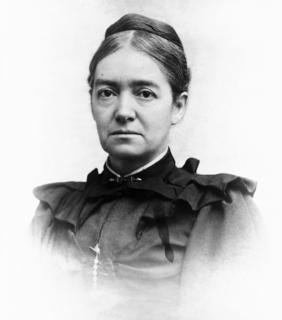A Quote by Walter Willett
With breast cancer, nothing is straightforward. It makes sense for most people to make their dietary decisions based on what it does for heart disease. That's where the data are most strong.
Related Quotes
Everybody has someone in their life that has breast cancer. It touches femininity, motherhood and sexuality and as Barbara Brenner says in the film, "you get to say breast out loud in public." Big corporations know this and market in a particular way knowing that women make most of the buying decisions in a household.
Being a breast cancer survivor, as I like to call myself - it will be twenty years next year - I did it to make it possible for women to do regular self breast examinations. It's really important - and, it makes common sense: you know your body better than the doctor does who only sees you once a year, you know?
... I feel the American public would be in a better position to exercise freedom of dietary choice if it were stated in bold print on the Goals and Food Selection pages that the value of dietary change remains controversial and that science cannot at this time insure that an altered diet will provide improved protection from certain killer diseases such as heart disease and cancer.
I joined forces with the American Cancer Society in 2010 as a spokesperson for the N.F.L.'s 'A Crucial Catch' campaign, which benefits the American Cancer Society. This was important to me because I lost my mother to breast cancer, and I have always felt a strong commitment to doing all I can to fight this disease.
What I learned from my work as a physician is that even with the most complicated patients, the most complicated problems, you've got to look hard to find every piece of data and evidence that you can to improve your decision-making. Medicine has taught me to be very much evidence-based and data-driven in making decisions.
One of the problems is that the notion of cancer has been so normalized. You hear about it so often, and it's not ok... it's not ok to normalize this disease. And with all of the pinkwashing that goes on where companies are selling products based on breast cancer month it's a lovely gesture, but consumers get so used to it that it becomes more normal.
You've got to get away from the idea cancer is a disease to be cured. It's not a disease really. The cancer cell is your own body, your own cells, just misbehaving and going a bit wrong, and you don't have to cure cancer. You don't have to get rid of all those cells. Most people have cancer cells swirling around inside them all the time and mostly they don't do any harm, so what we want to do is prevent the cancer from gaining control. We just want to keep it in check for long enough that people die of something else.


